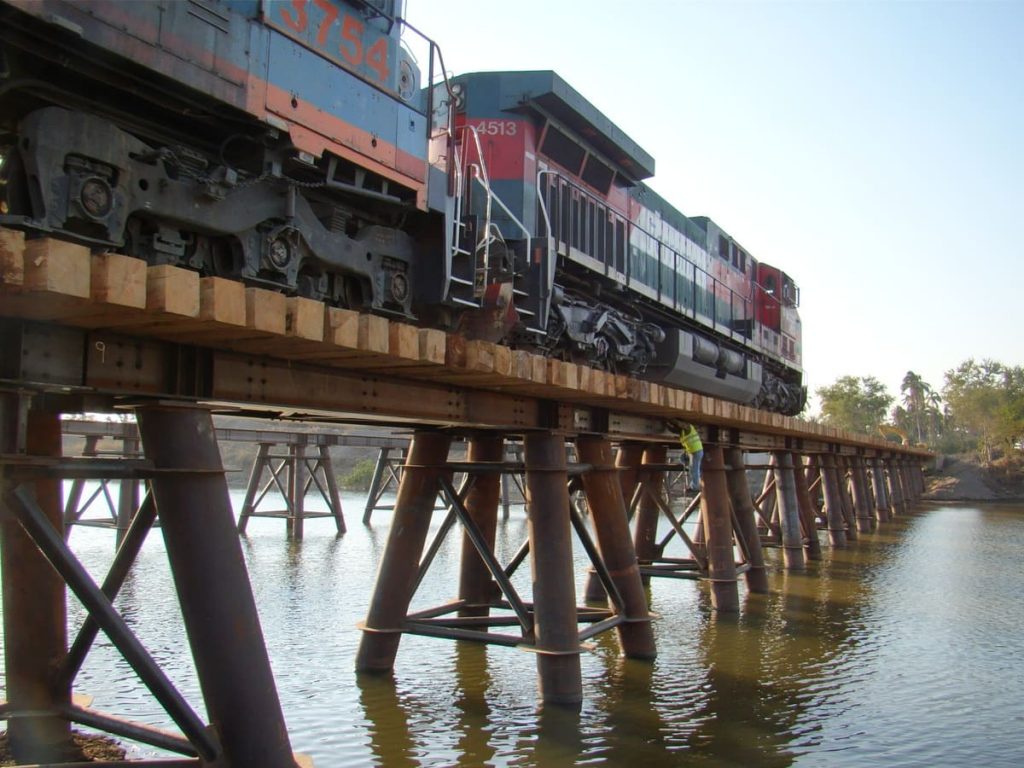- Transportation systems represent the arteries of our society, facilitating the efficient flow of goods, services and people from one place to another. At Nexumrail, we recognize the crucial importance of a robust and efficient transportation system. Throughout this article, we will explore the various aspects of transportation systems and their impact on our lives and economies.
Types of Transportation Systems:
-
Railroad:
- Advantages: Ability to move large volumes of cargo or passengers, energy efficient, safe and reliable.
- Challenges: Requires significant investment in infrastructure and maintenance.
-
Carretero:
- Advantages: Flexibility to access different locations, ideal for short and medium distances.
- Challenges: Congestion, environmental impact, maintenance costs.
-
Aerial:
- Advantages: Fast and efficient for long distances.
- Challenges: Costly, significant environmental impact, dependence on airport infrastructure.
-
Maritime:
- Advantages: Ideal for moving large quantities of international cargo.
- Challenges: Slow, susceptible to weather conditions, requires port infrastructure.

Efficient Transportation Systems:
Economic Growth:
- They facilitate trade, allowing access to global markets and fostering economic expansion.
Mobility:
- They enable the efficient movement of people, improving the quality of life and allowing access to employment and educational opportunities.
3. Sustainable Development:
- A well-planned transportation system can minimize environmental impact and promote sustainable development.
Current Challenges:
1. Sustainability:
- Need for more environmentally friendly and energy efficient transportation systems.
Technology:
- Integration of advanced technologies to improve efficiency, safety and comfort.
3. Infrastructure:
- Requires continuous investment for maintenance, improvement and expansion.

